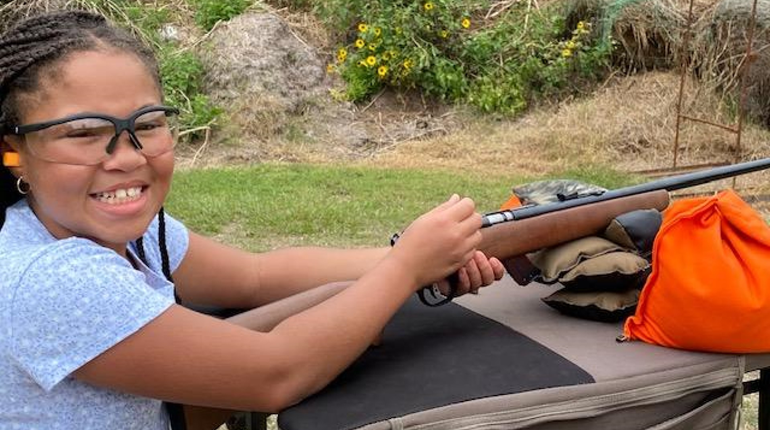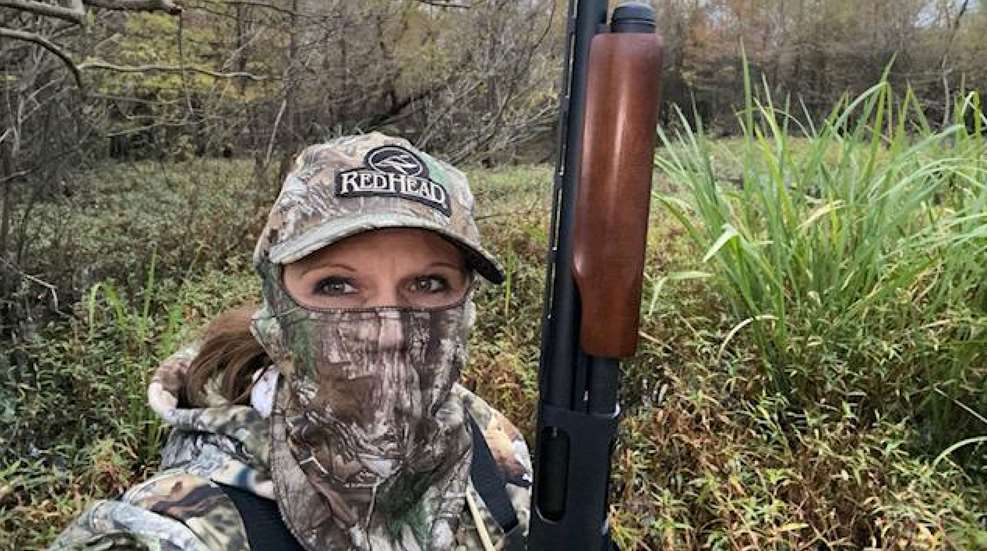
There are many laws you need to follow when you are waterfowl hunting. Many laws address equipment, such as using a shotgun that is not capable of holding more than three shells. There are laws that address when and where you can hunt, such as the prohibition of hunting over a baited field. There are also laws that address licensing requirements, such as hunting with a valid hunting license, the required state endorsements, and a valid federal waterfowl stamp. Lastly, there are laws that address what you need to do with a legally taken waterfowl once it is in your possession, such as keeping a fully feather wing attached to bird until you reach your final destination.
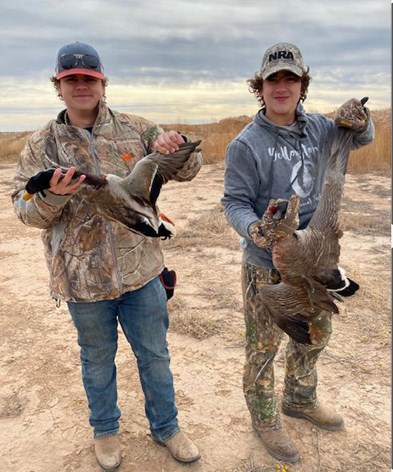
There is another law that migratory bird hunters must follow to legally hunt these birds. The U.S. Fish and Wildlife Service (USFWS) defines migratory game birds as ducks, geese, swans, brant, coots, doves, woodcock, rails, snipe, sandhill cranes, moorhens, band-tailed pigeons and gallinules. This law has to do with reporting requirements of bagged migratory birds. Many hunters do not understand or even know there are laws that require reporting. This reporting requirement is commonly referred to as being “HIP Certified.” HIP is an acronym for “Harvest Information Program.” All migratory bird hunters are required to be HIP Certified during the current licensing period and carry proof while hunting.
HIP Certification became a requirement in 1998 for all migratory bird hunters. This program is a cooperative agreement between the state’s game and fish agencies and the USFWS. The information gathered from the HIP Certifications allows state and federal biologists to estimate the number of migratory birds taken each year. This information is then used to set the seasons and bag limits of the following hunting season. It is important to remember that your answers should only apply to the migratory birds taken in the state you are becoming HIP Certified in. So, a hunter may have multiple hunting licenses and multiple HIP Certifications if he or she is hunting in more than one state.
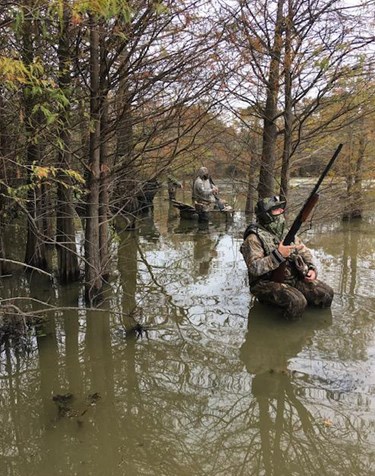
HIP Certification in most states is free, while others charge a nominal fee to cover administrative costs. The information collected through HIP Certification can be done through various methods. The certification is usually done at the point-of-sale of hunting licenses from retail outlets, online, or directly from the state wildlife departments. The most common of these locations is big box stores such as Wal-Mart and Bass Pro Shops.
For example, in Texas when you ask for a hunting license at the counter of a retail store, the sales associate should then ask you if you want to be HIP Certified. If you answer “No,” then you are not HIP Certified, and the clerk does not ask you any more questions regarding the certification. If you answered “yes,” the clerk should then ask you, “Did you hunt migratory birds last year?” At this point, it does not matter if you answer “yes” or “no”—you are still HIP Certified. If you answered “no,” there is no further questions regarding HIP Certification. If you answered “yes,” then the clerk will ask how many ducks, geese and doves you took the previous year.
The answers gathered in the HIP Certification process are valuable and crucial for the proper management of our migratory bird resources. Unfortunately, many clerks working in these retail outlets do not ask these questions. The clerks instead, because of long lines or laziness, answer these questions for the hunter to save time. They answer “yes” to the question—Do you want to be HIP Certified? Then they answer “no” for the question—Did you hunt migratory birds last year? I know this because most of the individuals in my Hunter Education classes are shocked when they look at their hunting license and discover they are HIP Certified without ever being asked any questions regarding migratory birds!
HIP Certification is just the first step in a three-part process. The second part of the information-gathering process is the mail-out of National Harvest Surveys. Not all HIP-Certified individuals take part in these surveys. The name of every HIP Certified hunter is entered into a database and the individuals are then chosen by a computer program. The surveys are broken up into 5 categories: 1) doves and band-tailed pigeons; 2) waterfowl (ducks, geese, and brants); 3) woodcock; 4) snipe, rails, gallinules, and coots; and 5) sandhill cranes.
Depending on the answers given during the HIP Certification, the appropriate survey is sent to hunters. For example, duck hunters receive duck surveys and dove hunters receive dove surveys. The National Harvest Survey asks the chosen hunters to keep a hunting record throughout the season. Each of the selected hunters record the date, county, and the number of birds taken every day they hunted during the season.
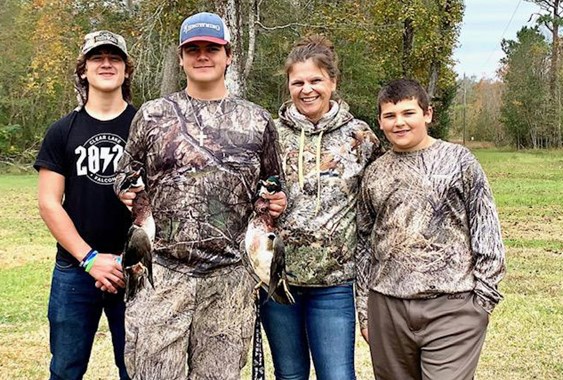
The third part of the data-gathering process is the Parts Collection Survey, more commonly called the Wing Survey. Not all individuals selected for the National Harvest Survey are selected for the Parts Collection Survey. The number of participants in the third part of the information gathering process is a very small subset. The individuals selected for this survey are asked to provide one feathered wing of every duck taken, and the tail feathers of every goose taken. This allows biologist to determine the species, sex and age of the waterfowl taken. Samples are also taken from the submitted parts that help determine the overall health of the migratory birds.
I encourage all the individuals attending my classes to always get HIP Certified regardless of if they plan to hunt migratory birds or not. This is because you never know what hunting opportunities might become available to you during the season. This will prevent you from getting a citation if you end hunting migratory birds. For example, in Texas, dove season is a split season. The second half of the season overlaps with the general whitetail deer season. You might not even consider or plan to hunt doves, but you come in after the morning deer hunt and are approached by another hunter. He or she points out that the doves are flying, and they have an extra shotgun. Without hesitation, because you have the required state licenses and endorsements, you join the other hunter and go dove hunting. If you are not HIP Certified, you are now violating state and federal laws.
Responsible hunters take HIP Certification seriously. The data gathered is very important to the management of all species of migratory birds. The information gathered lets biologist determine if a species is declining in numbers or there is an abundance of specific birds. This allows biologists to develop management plans for a specific species that can assure they do not become “threatened” or “endangered.” It could also mean that bag limits might be increased, and seasons lengthened. HIP Certification is your way of helping the sport you enjoy!













